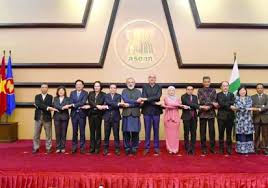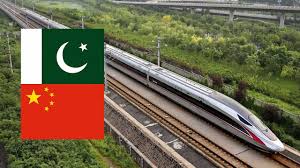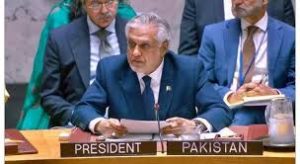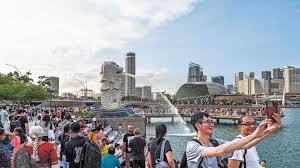Pakistan urges ASEAN to invest in CPEC-linked economic zones

Celina Ali
Islamabad: Pakistan has invited Southeast Asian nations to tap into opportunities arising from the China-Pakistan Economic Corridor (CPEC), positioning itself as a key transit and trade hub under Beijing’s Belt and Road Initiative (BRI).
Commerce Minister Jam Kamal Khan, addressing envoys of ASEAN member states in Islamabad, urged investors from Indonesia, Malaysia, the Philippines, Thailand, Brunei Darussalam, Vietnam, and Myanmar to explore Pakistan’s special economic zones (SEZs) being developed under CPEC.
Khan underlined that with macroeconomic stability restored, inflation at single digits, and improved infrastructure due to Chinese-backed projects, Pakistan offers a conducive climate for investment and re-exports.
“Pakistan welcomes ASEAN firms to export here, add value in our SEZs, and then re-export globally through our ports,” he said.
CPEC, a US $65 billion flagship BRI project, is transforming Pakistan into a logistics hub connecting Asia, Africa, and Europe via the Arabian Sea. Officials say that alongside IMF support and domestic reforms, CPEC has created “hard infrastructure” for Pakistan’s next phase of trade expansion.
Pakistan became a sectoral dialogue partner of ASEAN in 1993 and continues to push for full dialogue partner status despite the moratorium. The ASEAN envoys reportedly acknowledged Pakistan’s outreach, noting the “considerable potential” for commercial cooperation.
According to the commerce ministry, both sides agreed to draw up a roadmap for increasing trade, technology partnerships, and institutional linkages. Analysts say that by inviting ASEAN into CPEC-linked zones, Islamabad is signaling its intent to blend Chinese connectivity with Southeast Asia’s manufacturing strength, carving a new niche in regional trade networks.




